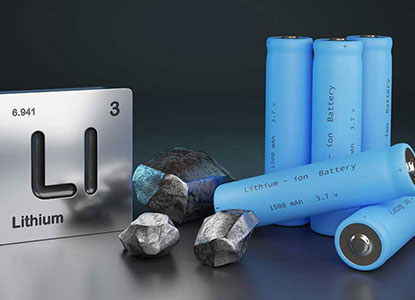
Advanced Thyroid Disorder Management Protocols
Advanced Thyroid Disorder Management Protocols involve a systematic approach to diagnosing and treating the various forms of thyroid dysfunction that affect millions of people globally. The thyroid gland, a butterfly-shaped organ located at the base of the neck, regulates vital metabolic processes, and when it malfunctions, the consequences can be systemic. Effective management begins with precise diagnostics, moving beyond basic TSH tests to include free T3, free T4, and thyroid antibody tests to detect autoimmune conditions like Hashimotos thyroiditis or Graves disease. Modern protocols emphasize personalized medicine, where the dosage of Levothyroxine or anti-thyroid medication is meticulously adjusted based on the patients weight, age, and cardiac health. Furthermore, for patients suffering from thyroid nodules, advanced ultrasound elastography and fine-needle aspiration cytology (FNAC) are utilized to rule out malignancy without immediate invasive surgery. This level of detailed care ensures that patients do not suffer from the debilitating symptoms of fatigue, weight fluctuation, and mood disturbances that characterize thyroid imbalances.
Advanced Thyroid Disorder Management Protocols also integrate nutritional and lifestyle modifications as a core component of the treatment plan to support medication efficacy. Many patients with hypothyroidism struggle with weight management and sluggish metabolism, which requires a diet rich in selenium and zinc while moderating goitrogens found in certain raw vegetables. Specialists now advocate for a holistic view, understanding that stress management and sleep hygiene play critical roles in normalizing thyroid function. In cases of hyperthyroidism, where the bodys metabolism is dangerously accelerated, protocols may include beta-blockers to manage heart rate alongside methimazole. Regular monitoring is essential, as thyroid needs can change during different life stages, such as pregnancy or menopause. During pregnancy, for instance, strict control is vital for fetal brain development, requiring increased monitoring frequency. This dynamic approach ensures that therapy remains effective and side effects are minimized over the long term.
Advanced Thyroid Disorder Management Protocols have seen significant evolution with the introduction of minimally invasive surgical techniques for those who do not respond to medical therapy. Radioiodine therapy remains a gold standard for certain types of overactive thyroids and thyroid cancers, offering a curative option that spares healthy tissue. For structural abnormalities like large goiters that compress the windpipe, robotic or endoscopic thyroidectomy allows for removal of the gland with no visible scarring on the neck, which is a major cosmetic advantage. Post-surgical care involves lifelong hormone replacement therapy, which must be calibrated carefully to mimic the bodys natural circadian rhythm. The goal of these advanced protocols is not just to normalize blood test results but to restore the patients overall vitality and quality of life. By combining pharmaceutical innovation with surgical precision and lifestyle counseling, endocrinologists can offer a robust defense against the complications of thyroid disease.







